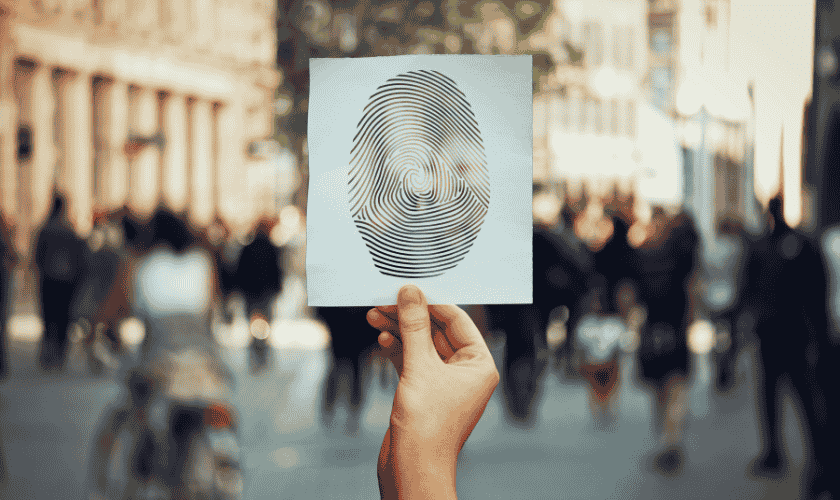
| 

A recent shocking medical case in the UK saw Zholia Alemi, a bogus psychiatrist, sentenced to seven years in prison in Manchester Crown Court for committing 20 fraud offences over a period two decades. Alemi had forged a degree certificate, enabling her to practice as a psychiatrist and receive approximately £1 million in salary payments from the NHS. All incidents of employment fraud can be shocking, but the idea that the NHS allowed someone to treat patients without basic identity checking or anyone verifying her claimed qualifications is particularly alarming for patients.
Forged University Documents
Zholia Alemi was born in Iran and forged her degree certificate in 1995. She claimed to have qualified as a psychiatrist at the University of Auckland in New Zealand. She then used the forged documents to register with the General Medical Council, the professional body for doctors and psychiatrists and managed to secure many jobs in both private practice and NHS hospitals across the UK. Alemi had actually been accepted by medical school in Auckland and had started her training, but never finished and did not graduate.
The GMC did not spot the forgery of the original degree certificate presented in the mid-1990s, and once working in the NHS, the fake psychiatrist found it easy to move from one position to another without ever having to supply her certificates again. It is estimated that over the time in which she was employed by the NHS she earned around £1.3 million, and made decisions which could seriously affect patients, such as whether or not someone should be detained in a mental health facility under a section.
The lies about qualifications were only uncovered by a journalist, who was investigating a case in 2018 concerning the fake psychiatrist attempting to forge the will and power of attorney documents for an elderly patient.
NHS Improvements in Vetting
Both the NHS and the General Medical Council came under criticism from the judge in this case, and immediately began background checks on around 3000 foreign-qualified doctors working in the UK. They also stressed that since the 1990s, the processes and procedures for checking the identities, qualifications, and experience of anyone applying for a job in healthcare at whatever level had become much easier. The internet has made it quicker to check the claimed qualifications of doctors and nurses, obtained both here in the UK and overseas. The GMC reassured members of the public that this situation could not arise again.
Background Checks for NHS Work
Anyone employing for a position in the NHS will encounter a much higher level of checking in 2024 than this fake psychiatrist did 30 years ago. Right to Work checks are standard practice, and any overseas doctors or nurses who are being recruited in their home countries by NHS trusts will need to have the correct visa in place before taking up their position. As well as detailed verification of qualifications, recruiters should also be taking up references and investigating any lengthy gaps in someone’s employment history.


